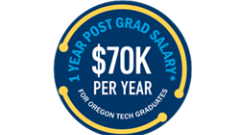Answers to Frequently Asked Questions
Answers to Frequently Asked Questions (FAQs) that researchers encounter while developing proposals and managing awards can be found on the SPGA site in TECHweb.






